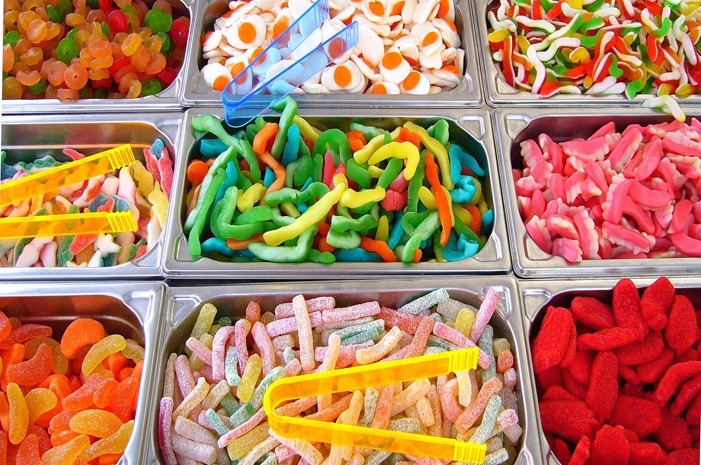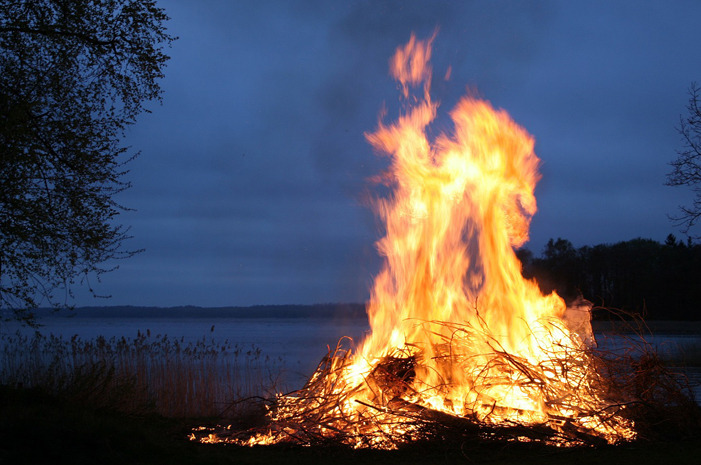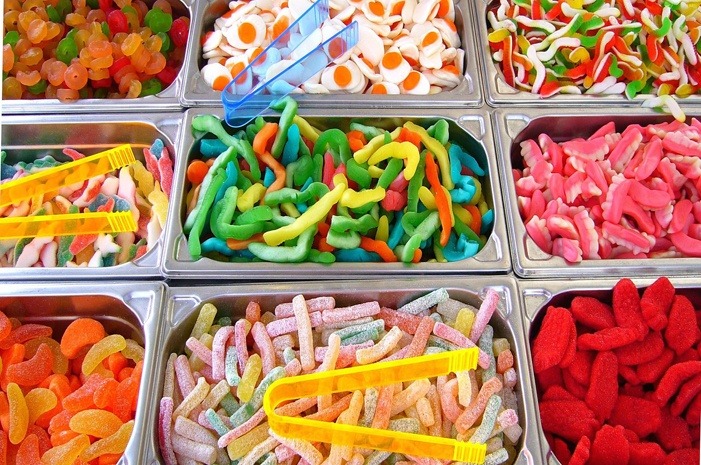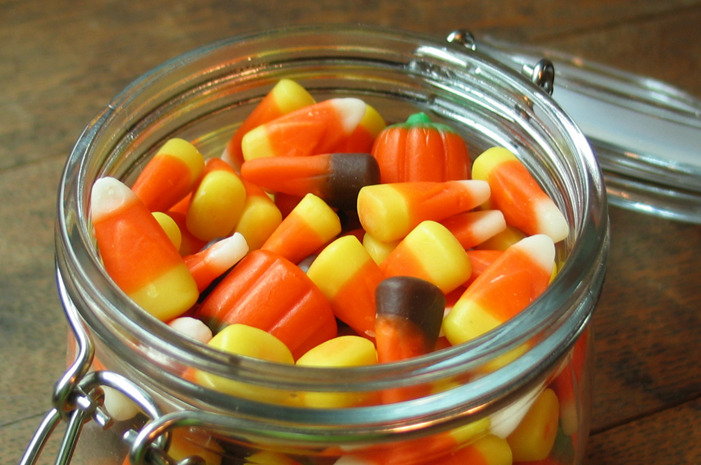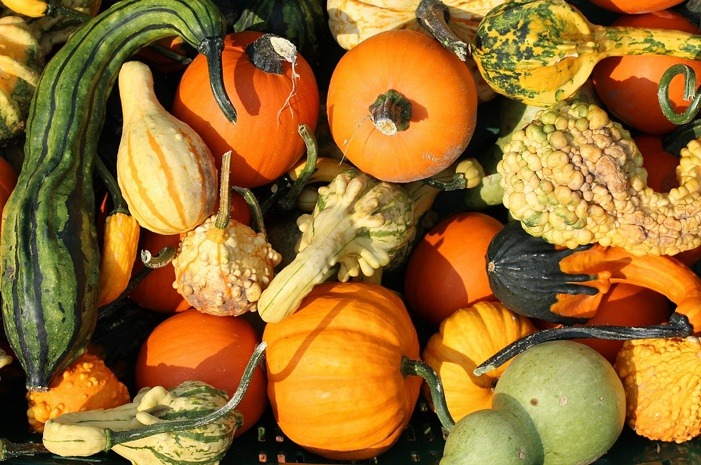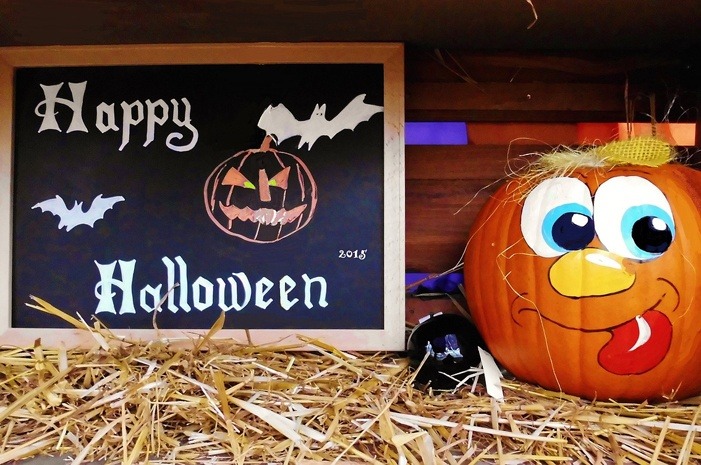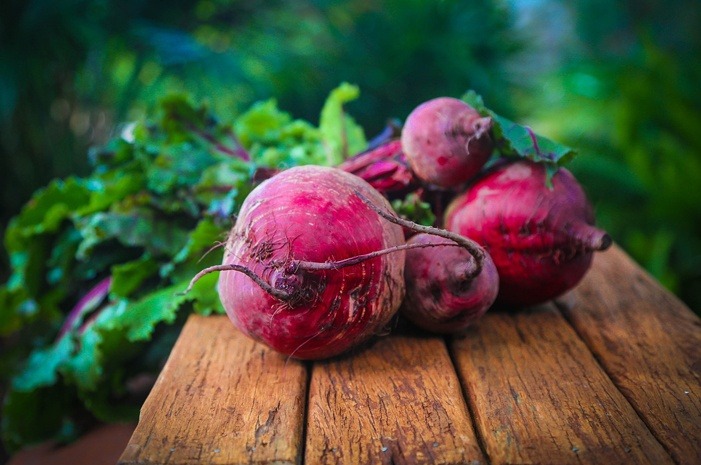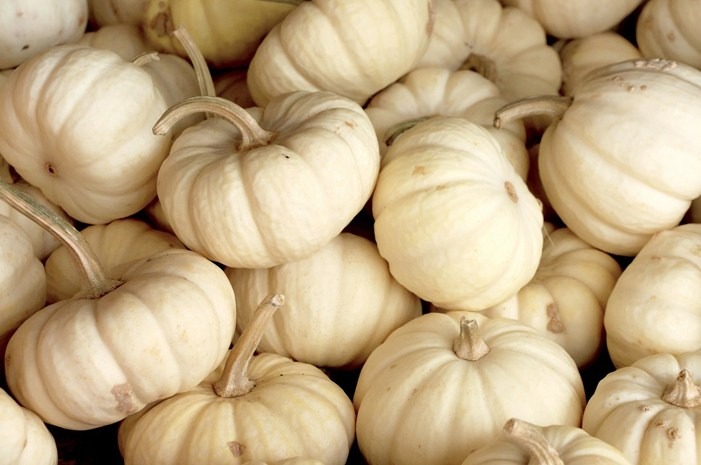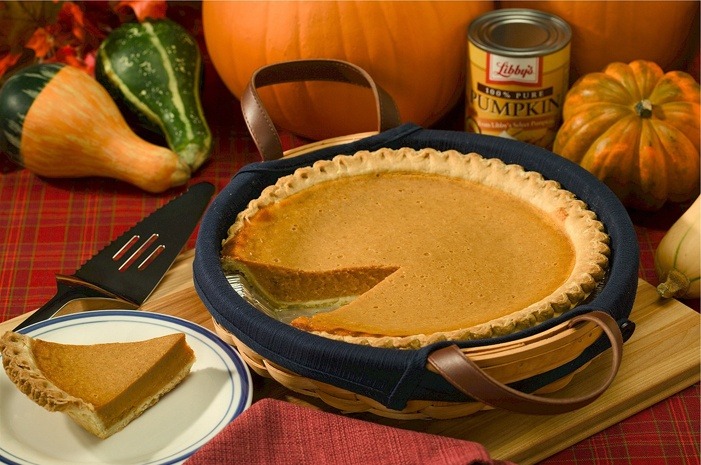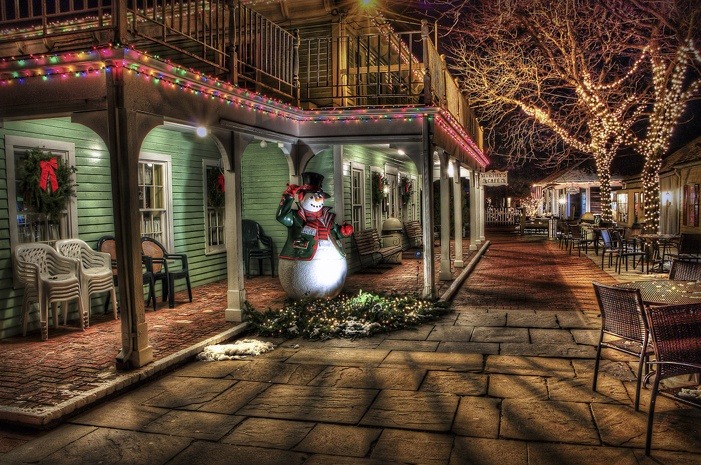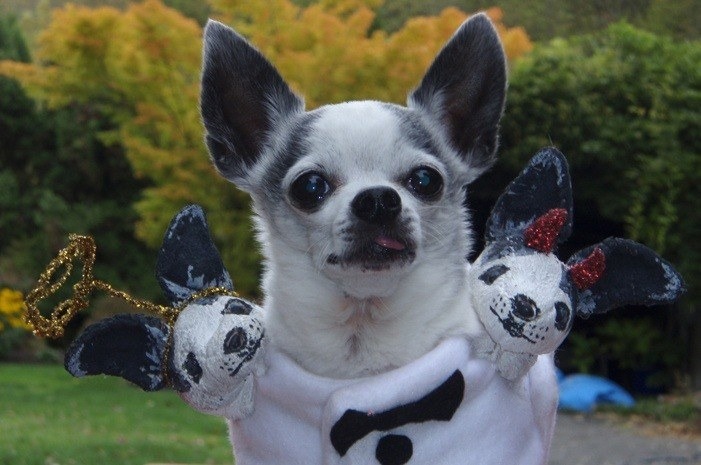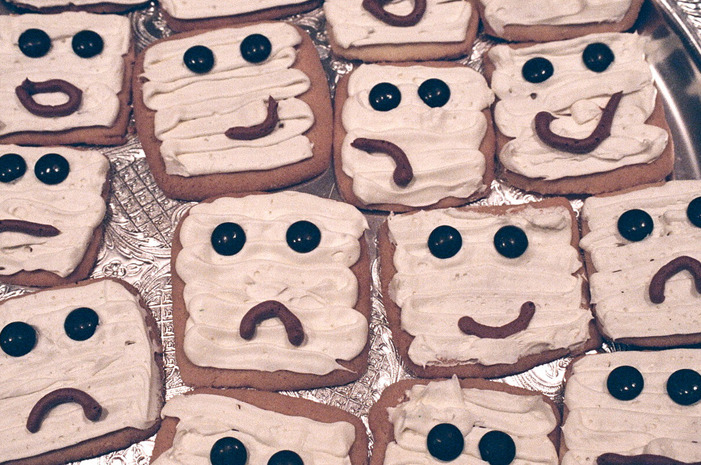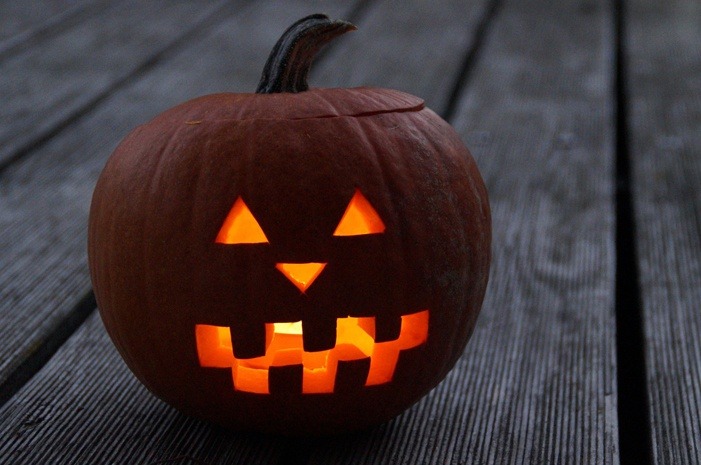13 Spooky Things You Never Knew About Halloween
Halloween is the one time each year when we can pretend to be our favorite foods or favorite celebrities. We attend parties dressed as mermaids and superheroes, admiring decorations and, let's face it, eating delicious candy. But how much do we really know about one of the most popular American holidays?
Halloween wasn't always a day for trick-or-treating, but rather a Celtic holiday on the day the dead returned to the earth. So, where did all of our traditions come from? Who is the jack-o'-lantern really named after? Why do we carve pumpkins? Use these shocking facts to prepare a quiz at your Halloween party and see how much your guests really know about All Hallow's Eve.
Ancient Origins
Halloween started as a Celtic festival of Samhain, celebrated on October 31, when the Celts believed the dead returned to the earth. On this day, people gathered to light bonfires, offer sacrifices, and pay homage to the dead, according to History Channel.
Candy Collection
In America, the candy industry earns an average of $2 billion annually due to Halloween, according to Business Insider.
Candy Corn Crazy
Candy corn, which used to be called "Chicken Feed," was invented in 1880s by Philadelphia candy maker George Renninger. More than 35 million pounds (nine billion pieces) of the iconic Halloween candy will be produced this year, according to Better Homes and Gardens.
Fruity Facts
Halloween or All Hallow’s Eve
"All Hallow's Eve" evolved into "All Hallow's Even," and by the Eighteenth century it was commonly referred to as "Hallowe'en," according to Business Insider. This crazy change up explains how we eventually came to call the fall holiday Halloween.
Turnip and Drop the Beet
Naughty Parents
A shocking 78 percent of parents confess to sharing candy from their child's trick-or-treating earnings, according to the National Confectioners Association.
Pumpkins Aren’t Just Orange
Though the most popular pumpkins are orange, they also come in white, yellow, and even blue.
Pumpkins for Carving Are Not for Pies
The sweet pumpkin flavor we crave in autumn is not from the pumpkin you carve every October. In fact, as pumpkin carving grew into a multi-million dollar industry, farmers began to breed new lines of pumpkins specifically for carving. The Howden pumpkin is the most popular carving pumpkin, while a sugar pumpkin is sweet and perfect for pumpkin pies.
Second Best
Halloween is the second largest commercial American holiday of the year behind Christmas. Americans spend an estimated $6 billion on Halloween between candy, decorations, and costumes, according to History Channel.
Spooky People and Their Pets
An estimated 68 million Americans will dress up this Halloween and another 20 million pet owners will dress up their pets, according to the National Retail Federation. That's a lot of hot dogs!
Trick or Treating for fruit
The trick-or-treating hunt didn't always involve candy. In the 1930s and early 1940s, children got everything from homemade cookies and cake to fruit, nuts, coins, and toys, according to History Channel. No candy on Halloween? Now that's scary.
Who is this Jack-O’-Lantern?
The name jack-o'-lantern came from an old Celtic folk tale about Stingy Jack, who would play tricks on the devil. When Stingy Jack died, the devil gave him a lump of burning coal to light his way in the darkness. Stingy Jack put this light into a turnip to light his way in purgatory.
